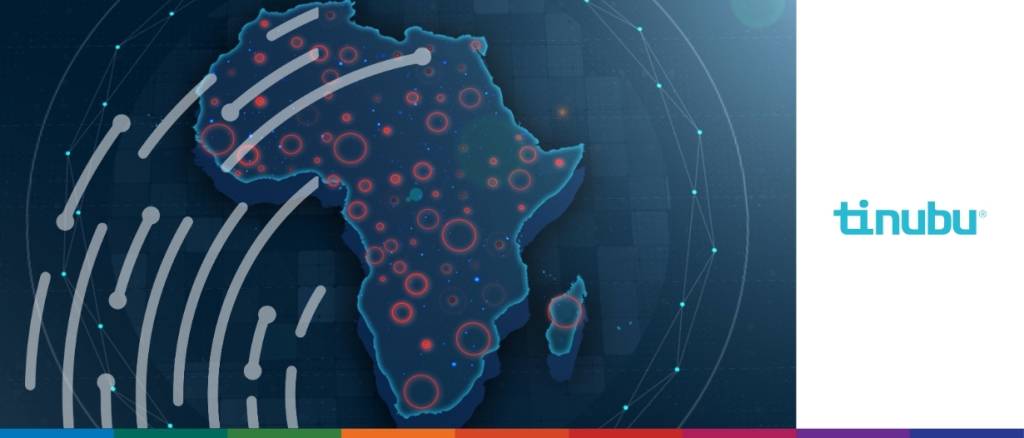The Electronic Trade Documents Act (ETDA) is soon to be granted Royal Assent and will be implemented two months thereafter. This Act is the result of years of dedicated effort… read more →
Globalisation is not dead, contrary to recent claims. Nowhere is this more evident than in global trade, where high-growth trade corridors in Asia, Africa and the Middle East are set to outpace the global average by up to four percentage points.
Africa, a continent synonymous with immense economic growth potential and abundant opportunities, has long grappled with transforming that potential into tangible growth. Despite being hailed as a land of promise, the realisation of Africa’s vast potential has remained elusive year after year.
Trade Finance Global (TFG), a leading trade finance platform, and Tinubu, a global credit risk and trade credit insurance provider, are pleased to announce an upcoming webinar exploring the potential solutions to the trade finance gap in Africa through credit insurance and export credit. The event will take place on 10 July 2023 at 12:00 PM BST, featuring prominent industry experts as panel speakers.
Digitalisation is unlocking a multitude of real-time benefits for terminal operators, commodities traders and lenders, promising to make full transparency in inventory management and transaction flows the new normal.
Persisting ramifications of the COVID-19 pandemic, escalating geopolitical uncertainties, and soaring inflation continue to plague international commerce. Yet, in the face of these worldwide disruptions, nations are making significant strides… read more →
The potential impact of the UK’s incoming Electronic Trade Documents Bill goes far beyond a boost to the country’s trade prospects. By enshrining in law that a digital document is equivalent to physical paper, the reform means that counterparties can issue and process documents electronically by default, – and with UK law acting as the basis for trade transactions across much of the world, the opportunity for transformation is unprecedented.
Though international trade is a complicated industry, there is one truth that is simple: the world runs on finance. There is a mind-boggling amount of capital floating around the globe. However, access to this financing has proven difficult for many companies and countries.
In a bid to bolster the robustness and competitiveness of Morocco’s private sector, the European Bank for Reconstruction and Development (EBRD) has granted Bank of Africa – BMCE Group (BOA)… read more →
On Tuesday, 27 June, the European Council adopted a decision on the signature of the free trade agreement (FTA) with New Zealand. The EU and New Zealand are expected to… read more →






















